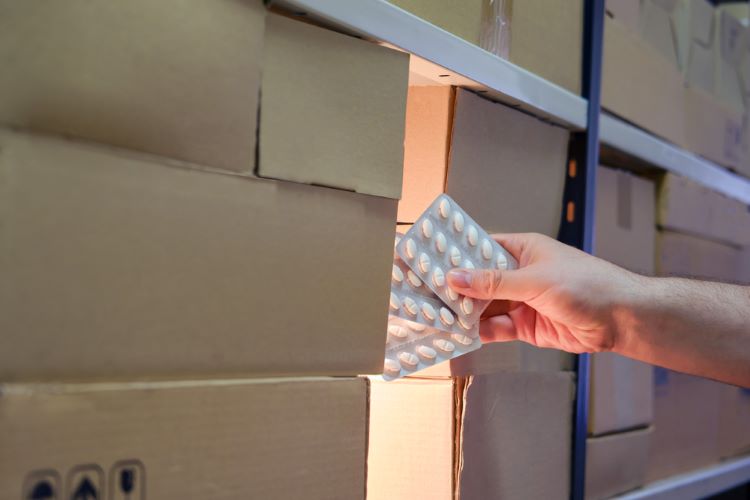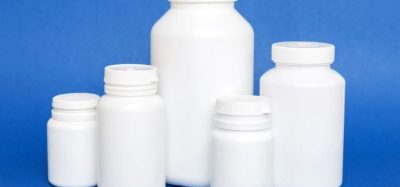Innovative solid-state storage for biologics developed
Posted: 27 July 2023 | Catherine Eckford (European Pharmaceutical Review) | No comments yet
A new method enabling biological materials to be stored in a solid-state means medicines such as insulin could be administered orally in the future.


A paper published in ACS Synthetic Biology has demonstrated a novel method for storing biological materials such as RNA and proteins via solid-state storage. This would be as a pill or a tablet, which can be dissolved in water for on-demand use.
The innovation by researchers at California Polytechnic State University in the US could help overcome current limitations in the storage and handling of products derived from living cells.
These materials are highly sensitive to changing ambient conditions during storage, transportation, and handling. If not stored and handled properly, they can degrade or become inactive.
Solid-state storage
Most biological materials such as medications are currently limited to being stored as frozen or refrigerated liquids and freeze-dried powders. The absence of a tablet-like form has limited the field.
biological materials [could be formulated] into tablets that can be stored on a shelf at room temperature”
“Just as tablets have changed the way we take medications, the solid-state storage platform opens new possibilities for how we handle and use biological materials,” explained Dr Javin Oza, Associate Professor in chemistry and biochemistry, who led the research on the new storage platform.
While researchers have made progress in freeze-drying biological materials, the use of freeze-drying continues to be an obstacle.
So the solid-state storage of biologics presents the next advance in the field. With this innovation, researchers can package biological materials into tablets that can be stored on a shelf at room temperature.
How the method was tested
The research team demonstrated that the cell’s machinery capable of decoding genetic information into making RNA and proteins can be stored in a solid-state. When added to water, the machinery reactivates to decode genetic information as if it were still within the cell. The team also proved that emerging biotechnology tools such as CRISPR can be activated after storage in a solid-state.
This study offers a potential for a wide range of applications. Importantly, the process could be beneficial for delivering therapeutics to remote locations where cold-chain is not available.
Further development to the method is needed to suit specific use cases. According to the researchers, modifications such as coatings could help the solid-state storage be more suitable for withstanding extreme environments such as heat, humidity, and chemicals.
If the solid-state storage method is successful, other potential applications include oral tablet biologics, which could replace injection for medications such as insulin and Humira.
Related topics
Biologics, Cold Chain Supply, Drug Development, Drug Manufacturing, Drug Supply Chain, Formulation, Freeze Drying, Industry Insight, Research & Development (R&D), Therapeutics









